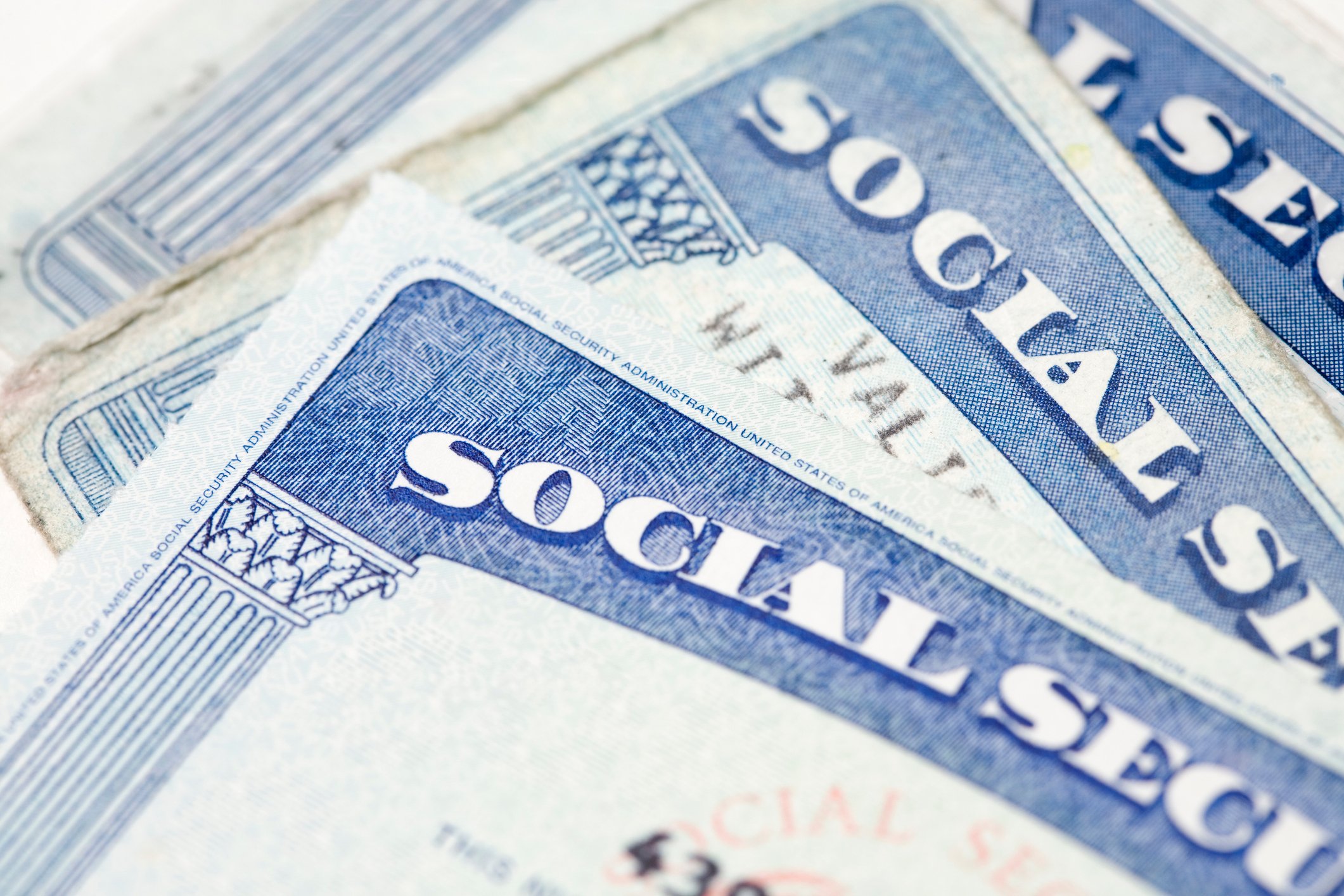Social Security benefits are very much earnings-based. That means the more money you make during your career, the more you stand to collect once you file. That said, the age at which you first claim benefits can cause your payments to go up, go down, or stay the same.
Now when we talk about filing for Social Security, we're actually looking at an eight-year range. You can start taking benefits as early as 62, and that window lasts all the way up until 70. (Technically, you don't have to file at 70, but since there's no financial incentive to wait any longer, that's typically considered the latest age to take benefits.) If the idea of snagging that money as soon as possible sounds good to you, then here are a few things to be aware of when it comes to filing at 62.

IMAGE SOURCE: GETTY IMAGES.
1. You'll be in good company
If you're planning to sign up for Social Security at 62, you'll be hopping aboard the same bandwagon as countless workers your age. That's because 62 is currently the most popular age to start taking benefits. In fact, 48% of all women and 42% of all men claim Social Security at 62, according to data from the Center for Retirement Research at Boston College.
Why do so many folks jump at the chance to take benefits? Often, it's a matter of needing the money. An estimated 60% of workers end up retiring sooner than planned, according to Voya Financial, and the reasons run the gamut from health issues to job loss. If you need money at 62, and have no other source to tap other than perhaps a loan or credit card, then it often pays to take benefits right away, even though doing so has its consequences, which we'll discuss next.
2. You'll lower your benefits
Generally speaking, it's a good idea to take your Social Security benefits at 62 if you're desperate for money and want to avoid debt. But you should know that filing that early will cause your monthly payments to go down. Though your monthly benefit amount is based on your earnings history, you'll only collect that amount in full if you wait until your full retirement age to file.
Your full retirement age is based on your year of birth, as follows:
|
Year of Birth |
Full Retirement Age |
|---|---|
|
1943-1954 |
66 |
|
1955 |
66 and 2 months |
|
1956 |
66 and 4 months |
|
1957 |
66 and 6 months |
|
1958 |
66 and 8 months |
|
1959 |
66 and 10 months |
|
1960 |
67 |
DATA SOURCE: SOCIAL SECURITY ADMINISTRATION.
So imagine you were born in 1960 and are entitled to $1,500 a month based on your earnings record. If you wait until you turn 67 to file for benefits, you'll get that $1,500 in full. But your benefits will be reduced by 6.67% per year for the first three years you file ahead of full retirement age, and by 5% per year after that. This means that in the above scenario, signing up for benefits at 62 would reduce each monthly payment to $1,050. And that's why it generally doesn't pay to claim Social Security at 62 unless there's a pressing reason.
3. It's a smart move if your health is poor
Then again, you don't need to be strapped for cash to start taking benefits at 62. There's another good reason to go this route, and it's if your health is in bad shape. See, Social Security is actually designed to pay you the same total lifetime benefit regardless of when you initially file. The logic is that while filing early will lower your payments, you'll also collect a greater number of payments than you would by waiting. This formula, however, assumes that you'll live an average lifespan, so if you have reason to believe you'll pass away sooner than expected, it pays to start taking benefits as early as possible.
In our example (full retirement age of 67 and full monthly benefit of $1,500), you'll actually come out mostly even in either scenario -- filing at 62 or 67 -- if you live until roughly 78 1/2. But if you only live until 75, you'll actually come out almost $20,000 ahead in your lifetime by filing for Social Security at 62. In other words, be realistic about your health when deciding when to take benefits, and move forward at 62 if you have reason to believe you're not going to live very long.
Whether 62 is a good age for you to claim benefits will depend on a number of factors. Keep the points here in mind, and you'll be better positioned to make the right choice.





